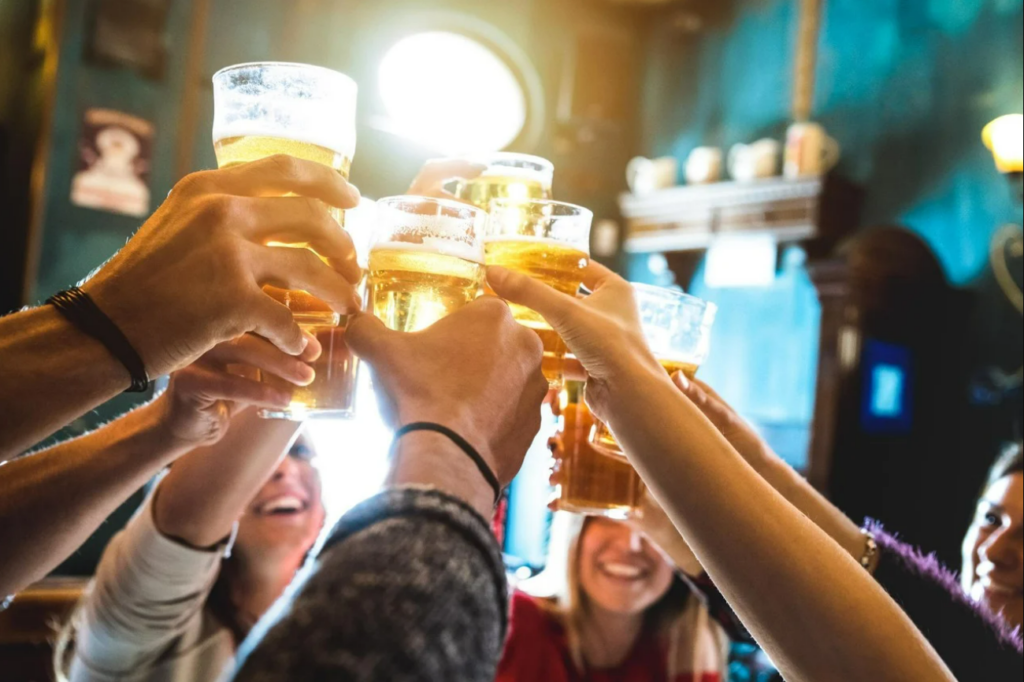Coffee, soft drinks, wine and beer remain the favourite beverages of Walloon residents, according to the latest study by the Wallonia Agency for the Promotion of Quality Agriculture (Apaq-W) released on Monday.
The study suggested local beverages could benefit from larger exposure.
Surveying 1,000 French-speaking respondents in November 2023, coffee and soft drinks emerged as the top non-alcoholic drinks (aside from water) for people living in Wallonia. Eight out of ten respondents reported drinking these beverages in the preceding three months.
Regarding alcoholic beverages, wine and beer were the top tipples. 47% of the respondents consumed wine and 46% claimed to have had a beer in the prior three months. Only 3% stated they refrained from alcohol during the survey period.
Of the non-alcoholic beverage consumers, 23% confirmed their preference for Walloon drinks, primarily vegetable or fruit juices.
However, one third of respondents did not drink local beverages, and nearly half couldn't pinpoint the origin of their drinks. Cost was the primary purchasing criterion for 60% of the user base. Local origin, organic or sustainable production each held minimal appeal, only acting as determining factors for 6%, 5%, and 4% of consumers, respectively.
The lack of visibility in supermarkets, a lack of buying habit, or disregard for the drink's origin were mentioned as reasons against consuming local beverages.
Related News
- Passion-over-profit drives the microbreweries of Brussels
- Don't like beer? Here are some Belgian alternatives
In the realm of alcoholic drinks, local beverages appealed to nearly one third of the participants (29%), whilst 43% were unaware of their drink's origin. Beer was clearly the most consumed Walloon alcoholic beverage, followed by wine.
Despite a somewhat unassuming presence in the market, the perspective for Walloon beverages – both alcoholic and non-alcoholic – remained positive, according to Apaq-W.
Consumers wishing to increase their consumption of local beverages outnumbered those intending to reduce their intake (21% for non-alcoholic drinks, 16% for alcoholic beverages, versus 6% in both cases). The challenge for producers and brands remains to raise their profile.

